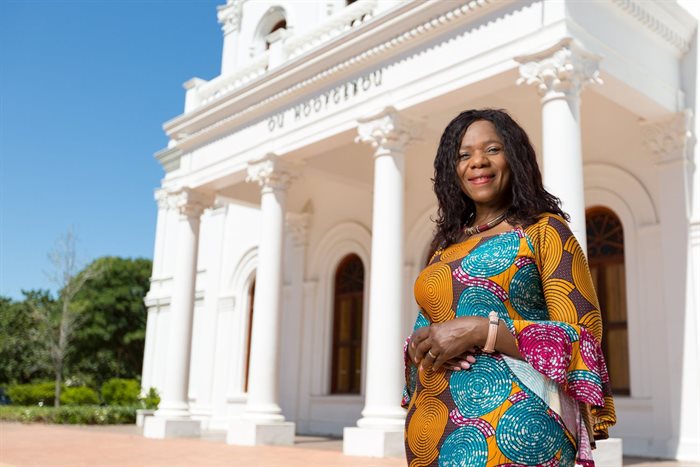
Top stories






LifestyleWhen to stop Googling and call the vet: Expert advice on pet allergies from dotsure.co.za
dotsure.co.za 2 days
More news


















Previously the Chair in Social Justice in the Faculty of Law at SU, the initiative has transitioned into the CSJ.
In announcing Madonsela's appointment, the dean of the Faculty of Law, Professor Nicola Smit, said the mission of the CSJ would be to promote “social justice scholarship and consciousness as well as public policy design skills and collaboration, in both academia and society”.
Madonsela thanked all stakeholders who were journeying with her and her team in their quest to accelerate the pace of responding to the constitutional call to establish a peaceful society based on social justice and where every citizen’s life is improved and everyone’s potential freed.
According to Madonsela, the CSJ’s flagship project would be the Musa Plan for Social Justice, which aims to mobilise societal, corporate and international support and resources towards the accelerated reduction of poverty and inequality.
The four key result areas of the Musa Plan are:
“The centre will house all academic programmes and social impact projects currently undertaken by the Law Trust Chair in Social Justice. It will also be the entity through which all future academic scholarship and social impact projects of the Law Trust Chair are undertaken,” said Madonsela.
At its core, the CSJ will be a collaborative entity, both in its academic and social impact initiatives, said Smit. “The centre is an academic and research entity that resides in the Faculty of Law, but its constitution explicitly acknowledges the importance of working with the different faculties of the university, other higher education institutions, and public and private as well as local and international enterprises and stakeholders.
“The law is but one building block towards realising social justice,” she added, “and the CSJ is a vehicle to help coordinate the efforts of lawyers, academics, activists and community organisations towards realising this goal.”